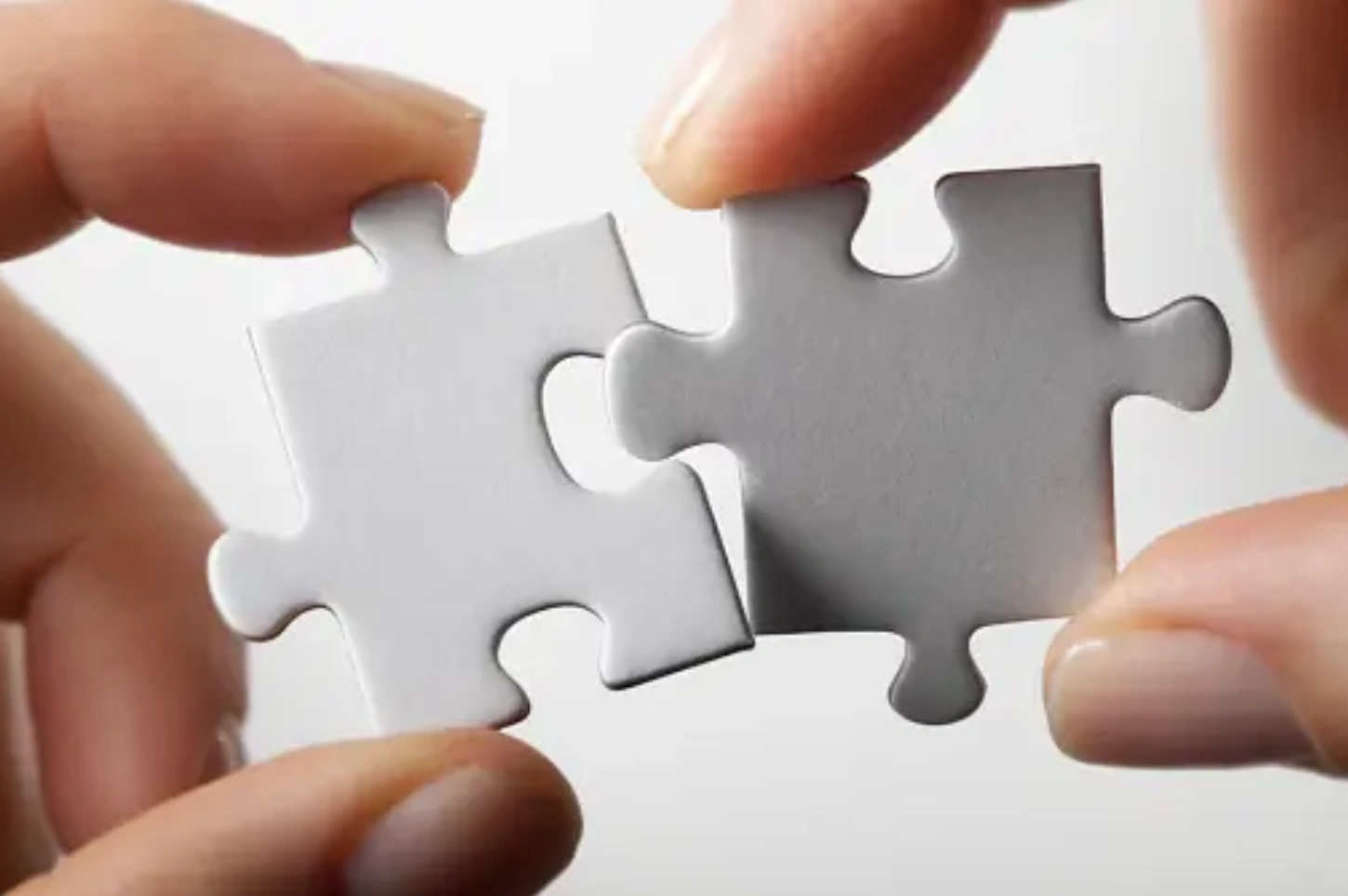
Couple’s Therapist or Relational Coach? How to Figure Out Which is a Better Fit for You
November 25, 2025
It can be puzzling trying to figure out the best way to address your relationship issues. Choosing the right professional to help, like many things, sometimes comes down to “fit.” An important differential to note is that a relationship coach is not licensed by any state board, and to become a relational coach does not require specific education, time on the job, or training. A licensed therapist is required to meet educational, ethical, and other state guidelines, including passing a licensing board administered test, working many hours under the supervision of a board-certified supervisor, and completing state required clinical hours (3000 hours in most states) of therapy-related work to insure competency. The work itself differs as well, in terms of the approach of the therapist or coach, as it relates to problem solving, focus and structure of the client sessions.
What to Expect from Relational Coaching
Generally, speaking, good relational coaches, and good therapists, will both help the couple to define the goals for their work during the first session. Relational coaching is usually shorter-term (six sessions is typical) and structured with an approach that includes homework. Coaching can be ideal for improving specific skills like communication, conflict resolution, and co-parenting issues. Coaching is typically not recommended for deep-seated issues around trust, infidelity, trauma, substance misuse or abuse, toxic behavioral patterns, past relational or current familial dynamics, divorce, custody disagreements, sexual dysfunction or desire discrepancies.
What to Expect from Couples Therapy
Couples counseling, or marriage therapy takes a broader and deeper approach, integrating curiosity about how couples became who they are relationally. This can help couples to identify the underlying issues that cause their conflict and address the dynamics from their past relationships, and family of origin, that are getting in the way of deep connection between the partners. If trauma is part of the couple’s individual or joint history, or if the couple is on the brink of dissolving their relationship, therapy is recommended over coaching, as more competency is necessary on the part of the clinician to help a couple resolve these complicated dynamics. Therapy takes longer than a short-term, structured coaching approach, but ultimately tends to lead to better conflict resolution, and a deeper, more satisfying connection for the couple.
What Good Relational Work Looks Like
For both therapy and coaching, the best relational work is that which is goal-directed, meaning that the specific changes desired for the relationship are defined together in session. These goals should be understood by all parties and be both attainable and measurable. The work in session should help the couple to feel hopeful and successful in establishing new ways of relating to each other, so that they both feel heard and seen by their partner.
How to Choose the Right Fit for Your Relationship
Fundamentally, choosing between a relational coach and a therapist depends on the specific needs of the couple, as well as the circumstances that are bringing them to seek professional help. Regardless of the professional classification, the therapist or coach selected should be able to make both individuals feel safe, encouraged, and highly regarded.











